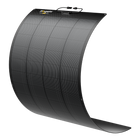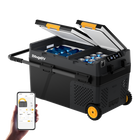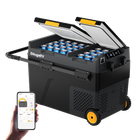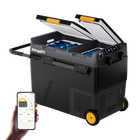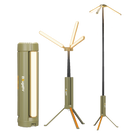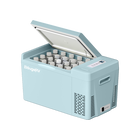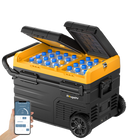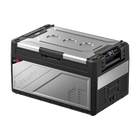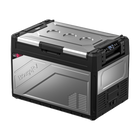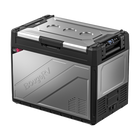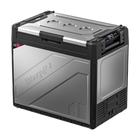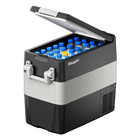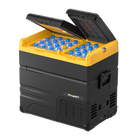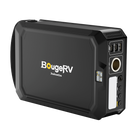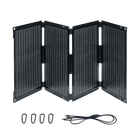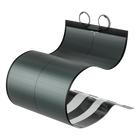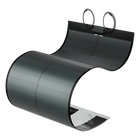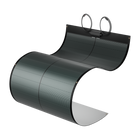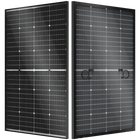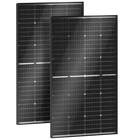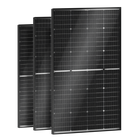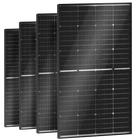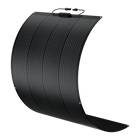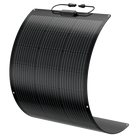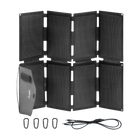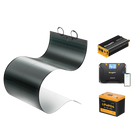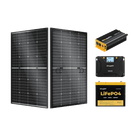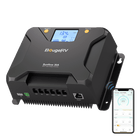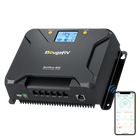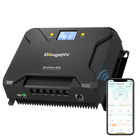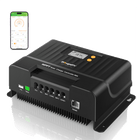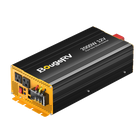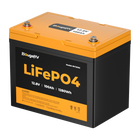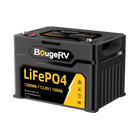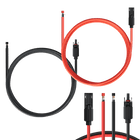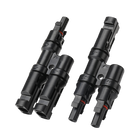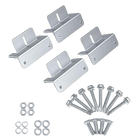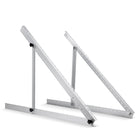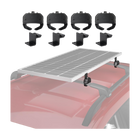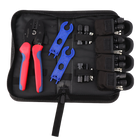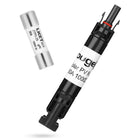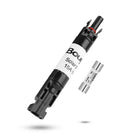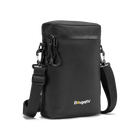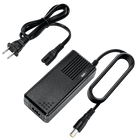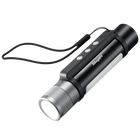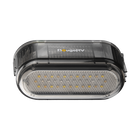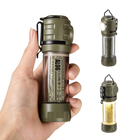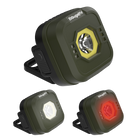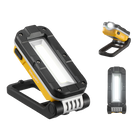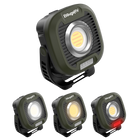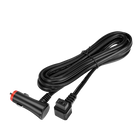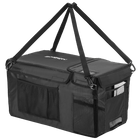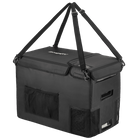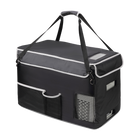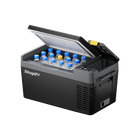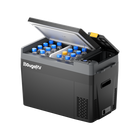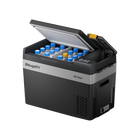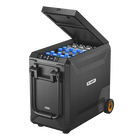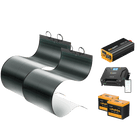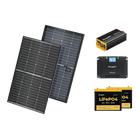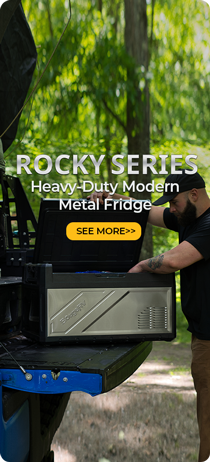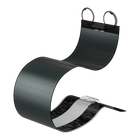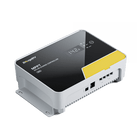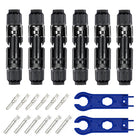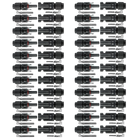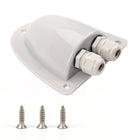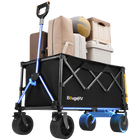Can a 200-Watt Solar Panel Run a Refrigerator?

In the quest for sustainable living, more and more people are turning to solar power to meet their energy needs. Among the various applications of solar energy, one common question arises: Can a 200-watt solar panel run a refrigerator? This query is particularly relevant if you are looking to adopt an off-grid lifestyle or reduce your dependence on conventional electricity sources.
In this comprehensive blog post, we’ll delve into the specifics of solar panel capabilities, refrigerator power requirements, and the feasibility of using a 200-watt solar panel to run a fridge.
Understanding Solar Panels: The Basics

Before diving into whether a 200-watt solar panel can power a refrigerator, it’s essential to understand how solar panels work and their general capabilities.
What is a Solar Panel? A solar panel is a device that converts sunlight into electrical energy through photovoltaic (PV) cells. These cells are made of semiconductor materials like silicon, which generate electric current when exposed to sunlight.
How Does a 200-Watt Solar Panel Work? A 200-watt solar panel produces 200 watts of power per hour under optimal conditions—direct sunlight with no shading, usually around noon on a clear day. However, real-world conditions often vary, and factors like weather, geographic location, and the angle of installation can affect the actual output.
Factors Affecting Solar Panel Efficiency
-
Sunlight Availability: The amount of sunlight available during the day affects how much energy your solar panel can generate.
-
Panel Orientation and Angle: The angle and direction in which your solar panel is installed can significantly impact its efficiency.
-
Temperature and Weather Conditions: Extreme temperatures and cloudy days can reduce the efficiency of solar panels.
-
Shading: Shadows from nearby trees, buildings, or other structures can obstruct sunlight and decrease panel efficiency.
Power Requirements of a Refrigerator
To determine if a 200-watt solar panel can run a refrigerator, it's crucial to understand how much power refrigerators typically consume.
Average Power Consumption
Refrigerators come in various sizes and types, each with different energy needs. On average, a standard home refrigerator uses between 100 to 800 watts, depending on its size, age, and efficiency. A modern, energy-efficient refrigerator might use around 150-300 watts per hour. A portable small fridge uses between 50 to 100 watts.
Calculating Refrigerator Daily Energy Needs
The number of watts a refrigerator consumes per day can be calculated by multiplying its hourly wattage by the number of hours it runs daily. For example:
If a fridge uses 150 watts and runs for 8 hours a day, it would consume:
150 watts × 8 hours = 1200 watt-hours (Wh)/Day
Peak and Running Wattage
When calculating whether a solar panel can run a refrigerator, it's also important to consider the peak wattage—the initial surge of power required to start the compressor. This starting wattage can be two to three times higher than the running wattage. For instance, a refrigerator with a running wattage of 150 watts may have a peak wattage of 450 watts.
Matching Solar Panel Output to Refrigerator Needs
To determine if a 200-watt solar panel can meet a refrigerator's power requirements, we need to compare the solar panel's energy production with the refrigerator's energy consumption.
1. Calculating Solar Panel Output
To calculate solar panel output, multiply the solar panel wattage by peak sun hours. Assuming 5 hours of peak sun hours, a 200-watt solar panel can produce:
200 watts × 5 hours = 1000 watt-hours (Wh)/day.
(Note: The number of peak sun hours can vary depending on your location.)
2. Energy Storage: Batteries and Inverters
A solar panel alone cannot provide continuous power, especially at night or during cloudy days. You'll need energy storage solutions like batteries and an inverter to convert the stored DC (direct current) into AC (alternating current), which home fridges use.
-
Battery Storage: A typical deep-cycle battery might have a capacity of about 100 amp-hours at 12 volts, equating to 1200 watt-hours.
-
Inverter Efficiency: Inverters are not 100% efficient; they usually have an efficiency rating between 85-95%. For simplicity, let's assume an efficiency of 90%.
3. Example Calculation
Let’s calculate the feasibility using the following assumptions::
- Solar Panel Output: 1000 Wh/day
- Refrigerator Consumption: 1200 Wh/day
- Battery Capacity: 1200 Wh
- Inverter Efficiency: 90%
Account for inverter losses: 1200 Wh / 0.9 = 1333 Wh. This means you would need 1333 Wh from your battery to run the refrigerator for a day.
Since our 200-watt solar panel produces 1000 Wh/day, adding up to 1000 Wh of usable energy after conversion losses isn't sufficient to run a refrigerator consuming 1200 Wh/day continuously without additional solar panels or larger capacity batteries.
Since our 200-watt solar panel generates 1000 Wh/day. Factoring in conversion losses, that’s not enough to run a refrigerator that uses 1200 Wh/day continuously. To make it work, we would need extra solar panels or higher-capacity batteries.
Seasonal and Weather Considerations

Summer vs. Winter: During winter, shorter days and lower sun angles reduce the solar panel's energy output. Conversely, summer provides longer daylight hours, potentially increasing output.
Weather Variability: Cloudy or rainy days significantly affect solar energy production. Having a few backup days' worth of battery storage is advisable.
Practical Solutions and Alternatives
If your goal is to run a refrigerator off a 200-watt solar panel, you may need to make some adjustments or consider alternative solutions.
1. Use an Energy-Efficient Refrigerator

Energy-efficient refrigerators consume less power, making them easier to run on limited solar energy. Look for models with ENERGY STAR ratings or energy-saving modes.
Read More: What Size Solar Panel Do I Need to Run a 12V Fridge? (with Chart)
2. Increase Solar Panel Capacity
Adding more solar panels will increase the overall energy output, providing enough power to run your refrigerator consistently. For instance, combining two 200-watt panels would yield 400 watts, approximately doubling the energy production.
3. Optimize Battery Storage
Investing in high-capacity battery packs ensures you have enough stored energy to cover periods of low sunlight. Lithium-ion batteries, while more expensive, offer better efficiency and longevity compared to lead-acid batteries.
A portable power station with sufficient wattage and capacity can serve as an excellent battery backup for a refrigerator. It stores energy on sunny days and can power your fridge during rainy or cloudy days.
Read More:
How Long Will a 100Ah Lithium Battery Run a 12V Fridge?
Can A Portable Power Station Run A Refrigerator?
4. Utilize a Solar Charge Controller
A solar charge controller regulates the power going from the solar panel to the batteries, preventing overcharging and prolonging battery life. Maximum Power Point Tracking (MPPT) controllers are particularly efficient.
Read More: What Size Charge Controller Do I Need?
5. Implement Smart Energy Management
Time of Use: Run your refrigerator during peak sunlight hours when solar energy production is highest.
Energy Monitoring: Use energy monitors to track consumption and adjust usage patterns accordingly.
Conclusion
While a single 200-watt solar panel might struggle to run a standard home refrigerator independently, several practical measures can make it feasible. From using energy-efficient fridges to expanding your solar setup and optimizing energy storage, there are multiple ways to achieve your goal sustainably.
By understanding the intricacies of both solar panel production and refrigerator power consumption, you can make informed decisions that align with your energy needs and environmental goals. Whether you're an off-grid enthusiast or someone looking to cut down on electricity bills, harnessing solar power remains a viable and eco-friendly solution worthy of consideration.





